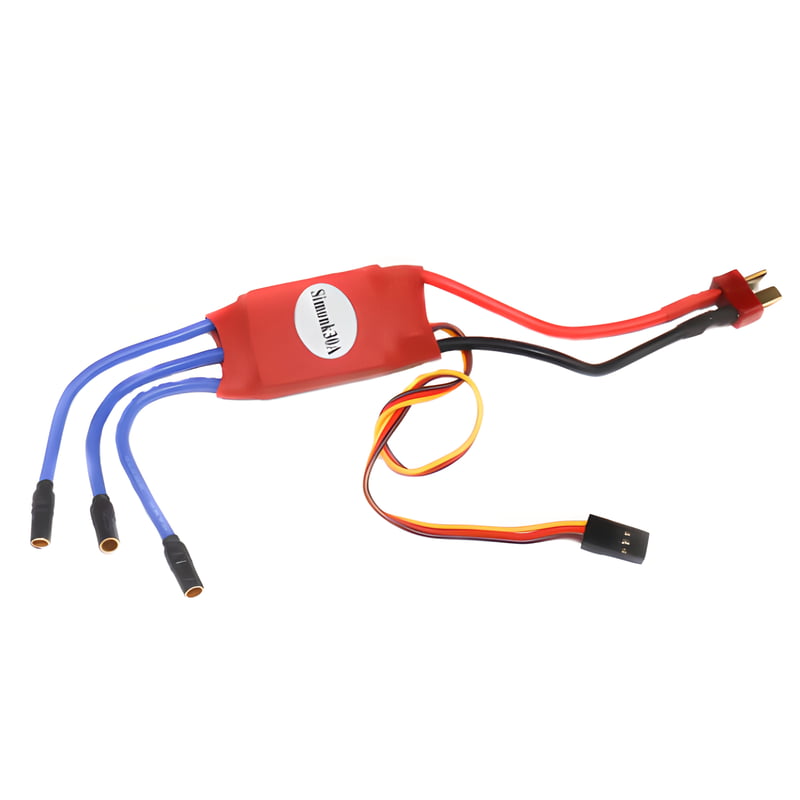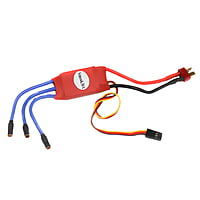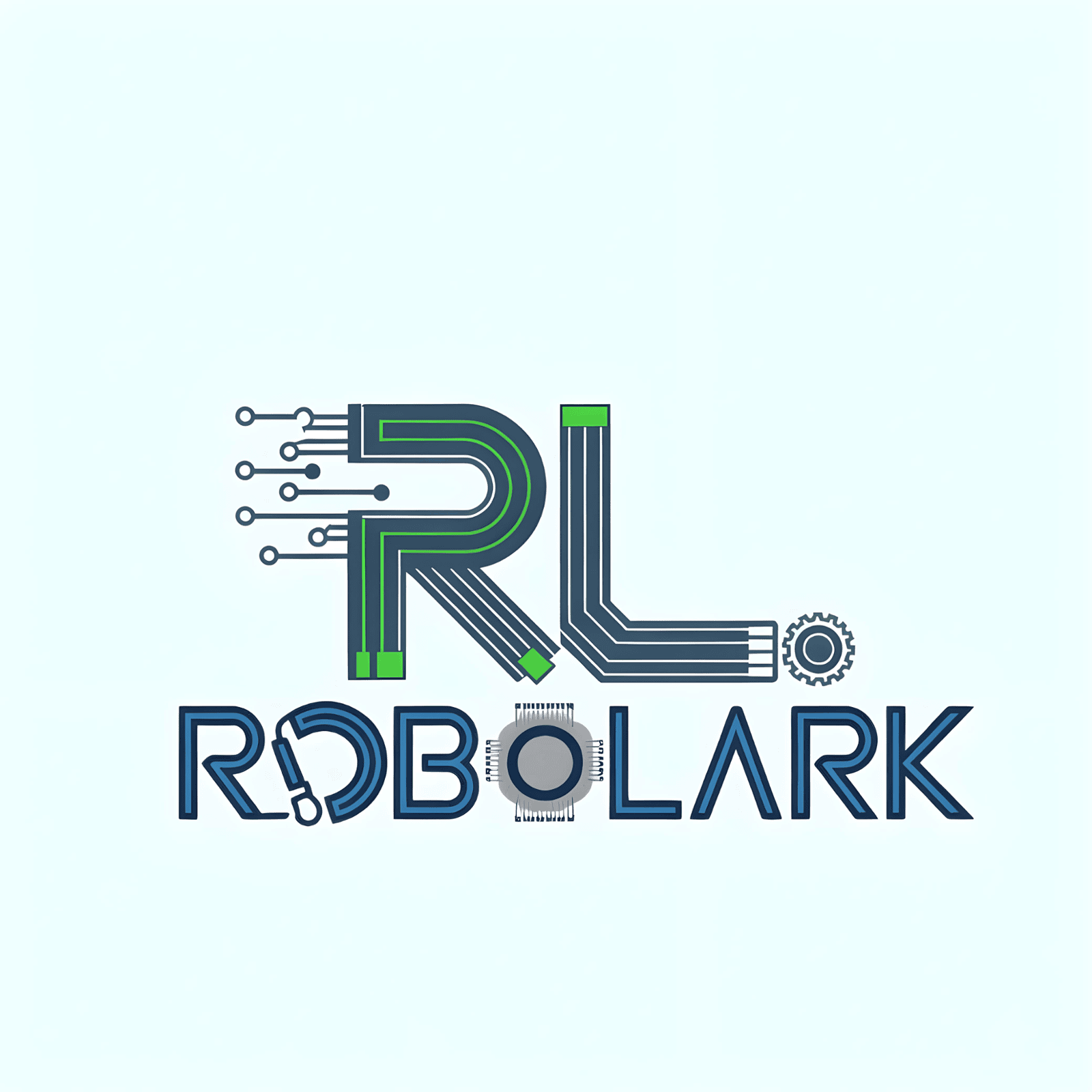



Electronic Speed Controller ESC - 30A
Product Details
Key Features:-
Current Rating (30A): The "30A" rating indicates the maximum continuous current that the ESC can handle without overheating or getting damaged. It's important to choose an ESC with a current rating that matches or exceeds the current requirements of the motor it will control.
Brushless Motor Compatibility: 30A ESCs are typically designed for use with brushless motors, which are commonly used in remote-controlled aircraft, drones, boats, and other applications. Brushless motors are known for their efficiency and reliability.
PWM (Pulse Width Modulation) Control: ESCs use PWM signals from a compatible receiver or flight controller to control the motor's speed and direction. By adjusting the PWM signal's pulse width, you can precisely control the motor's RPM (revolutions per minute) and direction (forward or reverse).
Battery Voltage Compatibility: ESCs are designed to work with specific battery voltage ranges. A 30A ESC is often suitable for 2S (7.4V) or 3S (11.1V) LiPo batteries, but this can vary depending on the ESC's specifications. It's crucial to match the ESC's voltage rating with the battery voltage.
BEC (Battery Eliminator Circuit): Some ESCs come with a built-in BEC, which provides a regulated voltage output to power the receiver and other onboard electronics. This eliminates the need for a separate battery source for these components.
Thermal Protection: Many modern ESCs include thermal protection mechanisms that can reduce power output or shut down the motor if the ESC begins to overheat. This helps prevent damage due to excessive temperatures.
Programming Options: Some ESCs offer programmable features such as brake settings, acceleration curves, and motor timing adjustments. This flexibility allows users to fine-tune the ESC's performance to suit specific applications.
Functionality:
The primary function of a 30A ESC is to control the speed and direction of a brushless motor. When connected to a compatible receiver or flight controller, it interprets the input signals (typically PWM) and adjusts the motor's power output accordingly. This enables precise control over the motor's RPM and direction of rotation.
Applications:
RC Aircraft and Drones: ESCs are essential components in radio-controlled airplanes, helicopters, quadcopters, and other flying vehicles.
RC Boats: They are used to control the propulsion system in remote-controlled boats, providing precise throttle control.
RC Cars and Trucks: ESCs are used in remote-controlled cars and trucks to control the speed and direction of electric motors.
Robotics: ESCs can be adapted for use in robotic applications where precise motor control is required.


